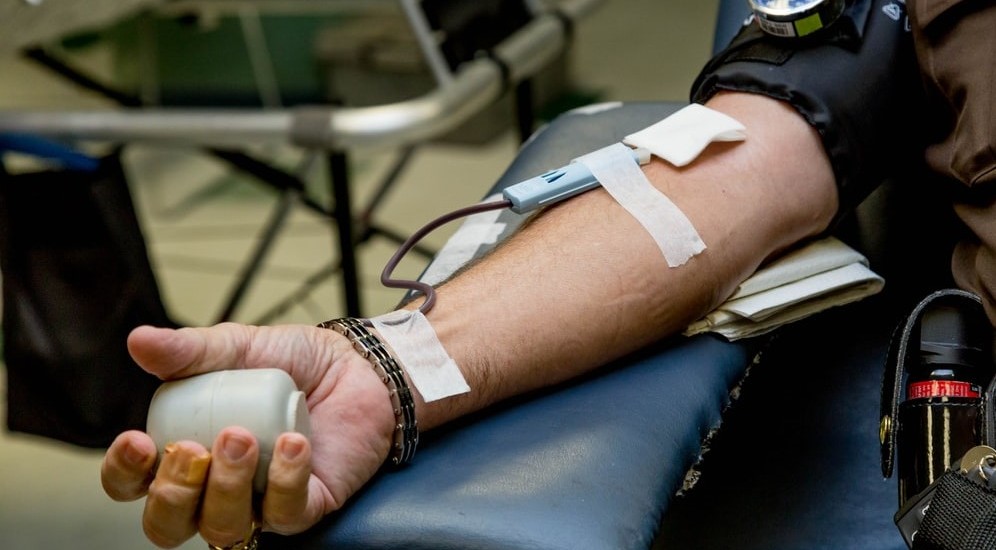In summer 2021 rules are changing regarding gender, sexuality, and giving blood. The new rules allow anyone to give blood, regardless of sexual orientation, so long as they have had the same sexual partner for over three months. The announcement has been a long-awaited triumph for men in long-term relationships who will now face less discrimination when donating blood due to a more personalised approach.
The current rules in place prevent men from giving blood three months after having sex with another man. This reduces the transmission risk for infections that have recently been acquired since some cannot be detected straight away – the three month ‘window period’ negates this risk. Anal sex is the riskiest form of sex for passing HIV and other sexually transmitted infections between partners, and is the most common sexual practice among men who have sex with other men – these facts underpin the current stance on men giving blood. However, this can be frustrating for many gay and bisexual men who are prevented from giving blood by the 3 month deferral rule.
“There are a lot of people who would want to donate blood who might not be able to with the regulations that are in place, and I don’t think that’s fair. Anything we can do to increase donations is worth doing.”
Dr Ranj Singh, NHS/TV Doctor
HIV is a contagious infection spread by mixing of bodily fluids which can lead to AIDS, a life-threatening immunodeficiency condition. Over the last 40 years there have been over 100 million cases and 42.2 million deaths caused by AIDS: a condition dubbed “the gay plague” by homophobic media.
On the 14th December, just a few days after World Aids Day, changes were announced based on recommendations from steering group FAIR (For the Assessment of Individualised Risk), who have been working with UK blood services, Public Health England, and LGBT+ groups in order to make the blood donation process more inclusive. The changes were made following modern medical studies which support the fact that gay men in long-term relationships, who are HIV negative, are no riskier than your average straight couple. In a statement, the NHS explained “donors will no longer be asked to declare if they have had sex with another man, making the criteria for blood donation gender neutral and more inclusive”.
FAIR aimed to develop gender-neutral methods of asking people about their sexual behaviour. The new questions identify ‘high risk’ donors rather than discriminating based on sexuality, so patients will be asked if they have had sex before, and whether or not they have had anal sex with a new partner (or partners) in the last three months. This is a huge step in the right direction – 40 years ago homosexual men faced a lifetime ban from donating if they had ever had same-sex intercourse.
The modernised questionnaire will include new indicators to identify ‘high risk’ donors rather than discriminating based on sexuality. This new policy has been welcomed by both the gay community and the NHS, who desperately need 210,000 new – and in particular male – blood donors each year.
Donors will still be deferred if they have had anal sex with one or more new partners within the last three months, regardless of whether or not a condom was used. However, the updated rules are a huge step towards inclusivity within the health sector.
By Tharushi Wijesiri and Morwenna Davies
Header image: Unsplash

